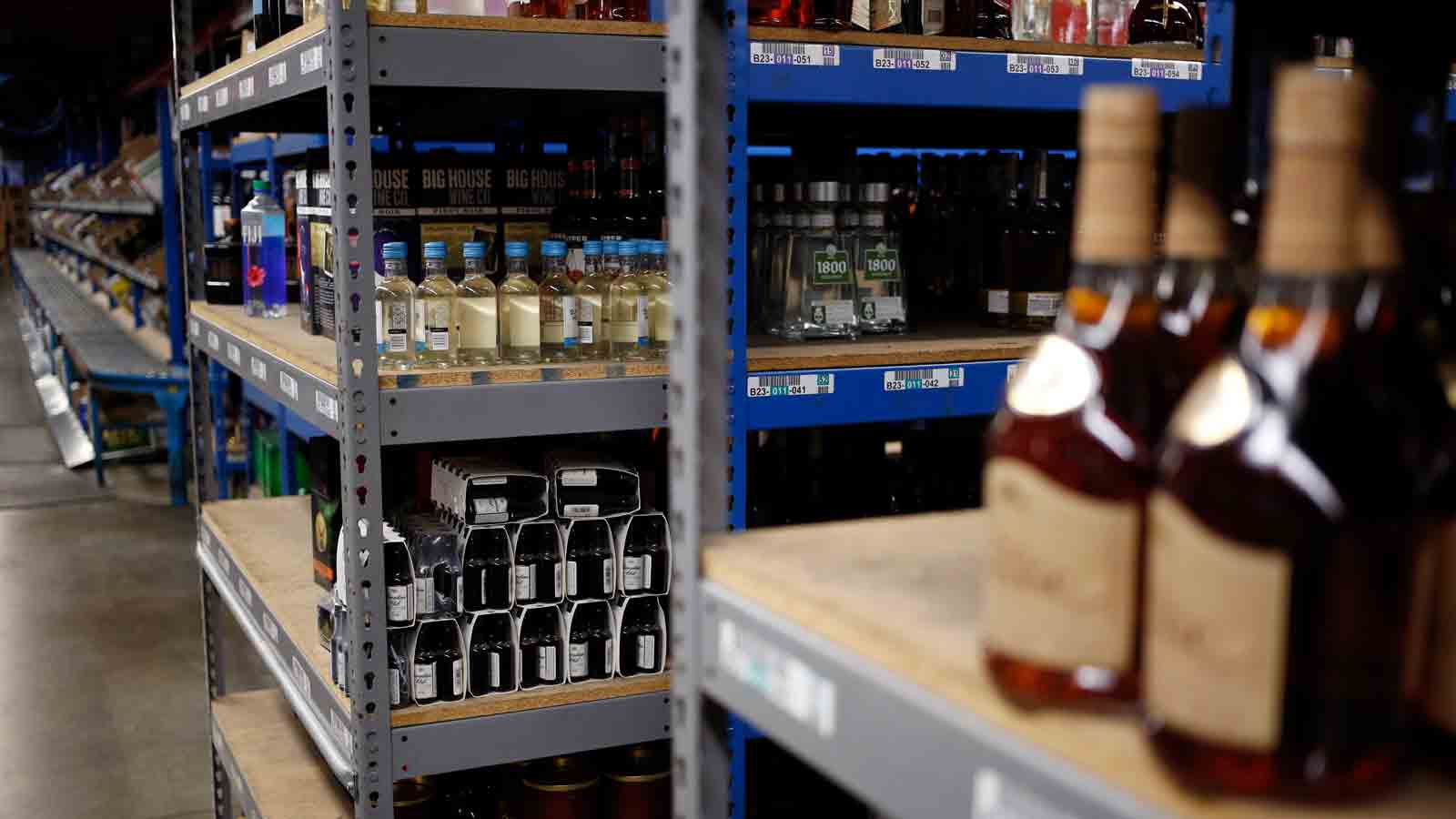NECN: Peter Howe, Boston - As Russian troops swarm across Crimea and menace Ukraine, stock markets shuddered Monday and oil and gold prices jumped – all as investors wondered: What, really, can the U.S. and the West do to defuse the sense of global crisis created by Russian president Vladimir V. Putin’s latest exercise in empire-expansion.
“There’s not going to be a military response, that's for sure,’’ Boston University international relations expert Bill Keylor, author of “A World of Nations: The International Order Since 1945,’’ said in an interview Monday. “Nobody wants that, and American public opinion would never accept it.’’
As Keylor sees it, the U.S. and President Obama have a fairly weak set of economic weapons the country probably still has to apply anyway -- like booting Russia from a key Western economic alliance. “Slap Putin's wrist by closing down the G-8 summit that's supposed to be held in the city of Sochi’’ is an initial option, Keylor said. “Then you move another step and expel Russia from the G-8. That would be, I think, a humiliation.’’ Beyond that, “one possibility is to go to the economic sanctions, commercial and financial sanctions, and I think that that's going to be a real difficult situation because for economic sanctions to be successful, they have to be pretty much universal. Everybody has to be on board with that, and it looks like there's already some reluctance on the part of the EU’’ to go down that road. “My concern is that the EU will not really be willing to, itself, pay the costs that would flow from a full scale trade war and finance war.’’
One key factor there: Europe depends on Russia for about one quarter to one third of its natural gas.
But where some see that as a reason for European timidity around challenging Russia, Boston attorney Vincent DeVito of Bowditch & Dewey LLP, who was assistant U.S. secretary of energy for international policy and served in the department from 2001 to 2005, said it’s also a major source of leverage against Russian militarism – if the U.S. steps up.
“Russia can be impacted pretty heavily” if the U.S. sped up approvals of natural gas exports to Europe, DeVito said. The strategy would be to hit Russia in the pocketbook, depriving it of revenues, while making Europe less beholden to Moscow and more willing to speak out against Putin militarized expansionism. The U.S. has approved two facilities for exporting liquefied natural gas, and the Energy Department is reviewing close to 20 more, but there’s been no clear signal how many could be approved and when. Liquefied natural gas terminals and the associated pipelines and ship berthing facilities typically take years to get through environmental approvals and construction.
“Energy is key to this, because Russia has traditionally been the largest supplier of gas to the EU. Well, we can certainly impact that if we're going to export more natural gas,’’ DeVito said. “Since the U.S. can produce and export natural gas on a cost-competitive advantage, we're allowed to sell to the EU and make that whole relationship a lot more stable. If the EU doesn’t have to rely on Russia, and Russia is now exercising some military muscle in the Ukraine, the U.S. can say: OK, one of the things we can do economically is produce more gas, export more gas, and allow our allies in NATO and elsewhere to buy more stable U.S. gas. That would make a difference.’’
Business
U.S. direct energy leverage over Russia is limited. Last year, according to the U.S. Energy Information Administration, petroleum imports from Russia amount to 477,000 barrels a day, according to the U.S. Energy Information Administration. That made Russia the number-five nation for petroleum imports into the U.S. – but it provides only about 5 percent of the total U.S. petroleum imports. To put it in another frame of context: U.S. petroleum imports from Russia equaled just 12 percent of what the U.S. imported from Canada and Mexico combined.
Oil prices did jump Monday as investors both bid in a fear-and-uncertainty premium for petroleum and also to some extent looked to move some wealth from stocks to hard assets like oil.
DeVito said the country’s policymakers need to realize, thanks to the glut of natural gas and oil being produced in North Dakota and “shale plays” from Pennsylvania to Texas, the U.S. is now in a position to use energy supply as a source of influence over Russian foreign and military policy.
“I think it's tremendous leverage,’’ DeVito said, “and I think the United States is at a distinct advantage here, where it wasn't five or six years ago.’’



